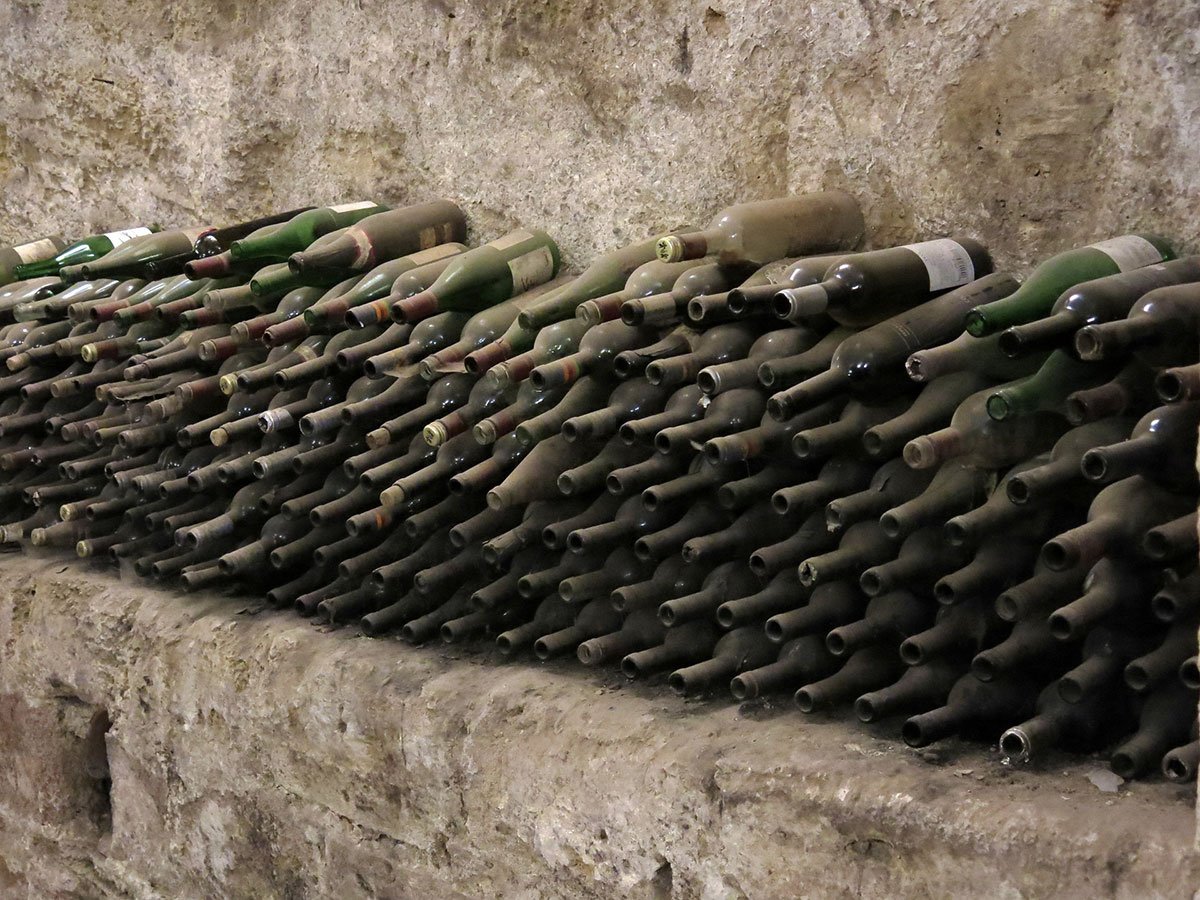

Wine is an extremely complex product that can change and evolve with the slightest discrepancies. Therefore, a lot of people believe that aging their wine is the best way to bring out the full flavor in every glass.
While aging wine does have its benefits for some varietals and types, it’s not always the best choice for all wines.
Modern wines are produced and designed by the winemakers in a certain way that is to be drank when purchased. This means that the flavor profile and taste that the winemaker is looking to portray is best experienced soon after the bottle is purchased.
That doesn’t mean that some wines can develop different notes and tastes as they age, but it will all depend on the type of wine you’re purchasing.
What Wine Should Not Be Aged?
Before we take a look at what types of wines can benefit from aging, let’s take a look at some of the wines that you probably don’t need to age.
As we said above, most modern winemakers anticipate that their wine is going to be consumed within a few days of purchase. Because of this they have designed the wines to taste great right out of the bottle without the need of aging.
Keep in mind that aging wine is part of the winemaking process, so the winemaker will have already aged your bottle to the extent in which they feel is necessary.
So what kind of wine doesn’t really benefit from aging?
The benefits of aging wine come down to the necessary structure within the wine for aging. Tannin level, sugar content, acidity and more should all be taken into account when trying to figure out if a wine will age well.
Wines like Rosé, Pinot Grigio and Sauvignon Blanc are the main wines that come to mind when talking about wine that don’t age well. The structural make up of these wines doesn’t lend itself well to the aging process and probably won’t give you any benefit.
These wines would all fall into the lighter category of wines and the lighter wines tend to taste best when drank shortly after purchase. Yes, you can age these wines, and they will be fine sitting on your shelf for a little while, but don’t expect any drastic change in the flavor or taste of the wine after a couple years.
Which Wines Age Well?
A lot of people assume that bolder red wines are the best for aging, but there are also some white wines that can improve with time.
Riesling and chardonnay are a couple examples of white wines that can become more well-rounded as they age. Riesling will do better with age than most chardonnays, but a nice, highly acidic, chardonnay can do very well over time.
If you’re looking for a nice red wine that will age well, we suggest something with higher levels of tannins, sugars and acidity.
Tannins create that “dry” taste you get in your mouth after drinking certain wines. Tannins actually help slow the aging process and also bind together over time which can make each sip a little bit smoother as time goes on.
Combine the tannins with the right acidity and sugar levels and you’ll have the perfect wine for aging as the sugars and acid will help prevent the wine from going bad as it ages.
There’s nothing worse than a wine that has gone bad due to aging.
Examples of some modern wines that can handle the aging process well are Pinot Noir, Syrah, Merlot, and our personal favorite, Cabernet Sauvignon.
Our Austin Hope Cabernet Sauvignon is exceptional right out of the bottle, but if you wish to leave it up on the shelf for a little while it will continue to get better as it ages. Serve it slightly cooler than room temperature for an incredible tasting experience as well.
You’ll also find that older vintages of our Treana White, which is a bleand of Rhone, Rousanne, Marsanne, and Viognier and older vintages of our Treanna Red, which are a blend of Syrah and Cabernet, also do very well when aged.
Aging Wine
If you are planning to age your wine after acquiring it, make sure that you are storing it properly in a dark cool place. This will help prevent the wine from going bad and will help give you the best flavor as the wine ages over time.
Remember, not all modern wine needs to be aged. In most cases the winemaker has produced and developed their wine to be drank shortly after purchasing.